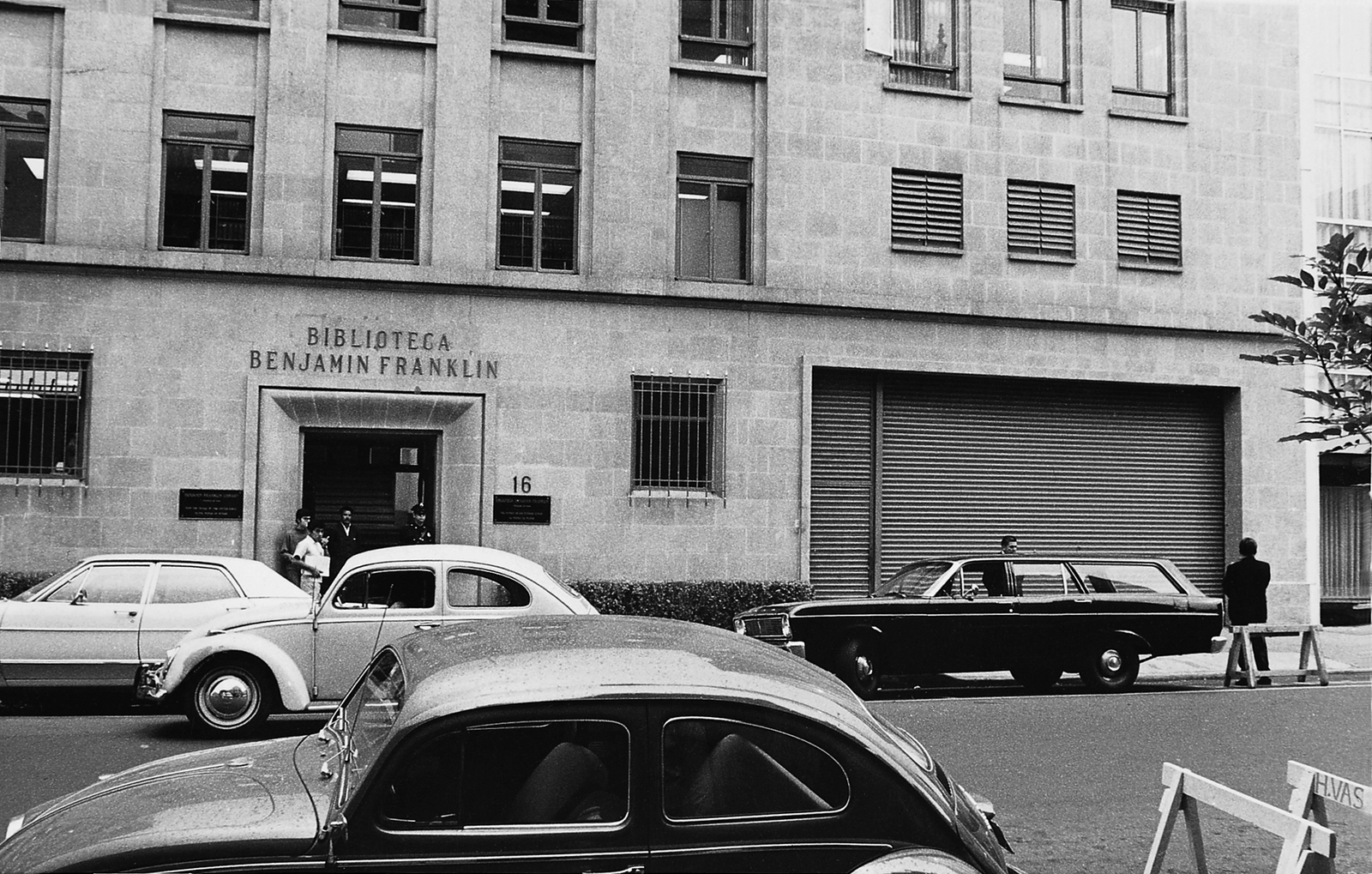OSCARS CELEBRATE ‘ROMA’ BUT DOES THE MOVIE DESERVE IT?

This movie is quite sad and you can see it if you pay close attention.
When you want to watch a film that is meant to center on one primary character, it can be quite disheartening to learn that that the character is overshadowed over and over again. That, is the true problem with Roma, the independent drama written and directed by Alfonso Cuaron.
Roma which is set in 1970’s Mexico city, is based largely off of Cuaron’s privileged upbringing, along with his relationship with his nanny, and it shows. The slow paced story is supposed to revolve around Cleo (Yalitza Aparicio) a live in indigenous house-keeper of a middle class white family, yet she is almost entirely disregarded throughout the film.
It’s fantastic really, how the film fails to achieve its intended goal. Though cinematic black and white scenes are used to sweep viewers into the intimacy of the story, the gaping loss of Cleo’s perspective, diminishes its impact. Viewers are instead left observing how glimpses of Cleo’s thoughts and narrative are largely compromised by interjections of other voices and opinions throughout the film. She is made a supporting character in what should have been her story.
It’s not to say that it’s impossible that Cleo’s life could have been as bleak and simple as the film portrayed it to be. But, in short flashes, where Cleo is able to relax, when she’s with her coworker and friend Adela ( Nancy Garcia) for instance, an image of her true identity shines momentarily until it’s pulled away. She is clearly shown as a lovely and colorful person with a great sense of humor, but the Cleo we see with Adela is never developed. It’s as if she is purposefully stunted. She barely speaks and is mostly passive, throughout the film, otherwise she is generally shown in servitude.
A perfect example of this is is when Cleo faces the terrible circumstance of having to tell her employer Sofia ( Marina de Tavira) she is pregnant with the baby of a father (Jorge Antonio Guerrero) who is cold and wholly dejected from any involvement in his child’s life. That moment, as tender, sad, and unnerving as it was, provided the perfect opening to gain better insight into her feelings about both her life and the situation. Yet, her misfortune is used as a tool to note how Sofia and her family react to the news. There’s even attention on the estranged father’s reaction but Cleo’s thoughts are never given the breadth to properly establish. Even her miscarriage feels glossed over.
She never gains any meaningful moments to reflect or announce her feelings, neither in solitude or with other characters. Roma is desperately disappointing because Cleo is not a developed character with her own identity, thoughts, values, and agency. She just passively receives the reactions and ideas of others in her life.
Some have tried to find subtle symbolism and meaning in random artifacts or details to justify why Cleo is made a stoic and one-dimensional secondary character. It’s spectacular that her portrayal doesn’t seem to be questioned despite the unrealistic image of her being happy living a life where she is almost always working for employers who attempt to always remind her that she is other and therefore less valuable. Her lack of emotions should not be taken to mean that she is content with the idea of being a bystander in her own life, but that perhaps instead, she is resigned to find a little bit of peace and calm in her chaotic life where she lacks control.
Cleo’s perspective is a critical loss in the film and without it, it’s really not worth it. This absence is nether artistic nor entertaining; it makes the film disingenuous.